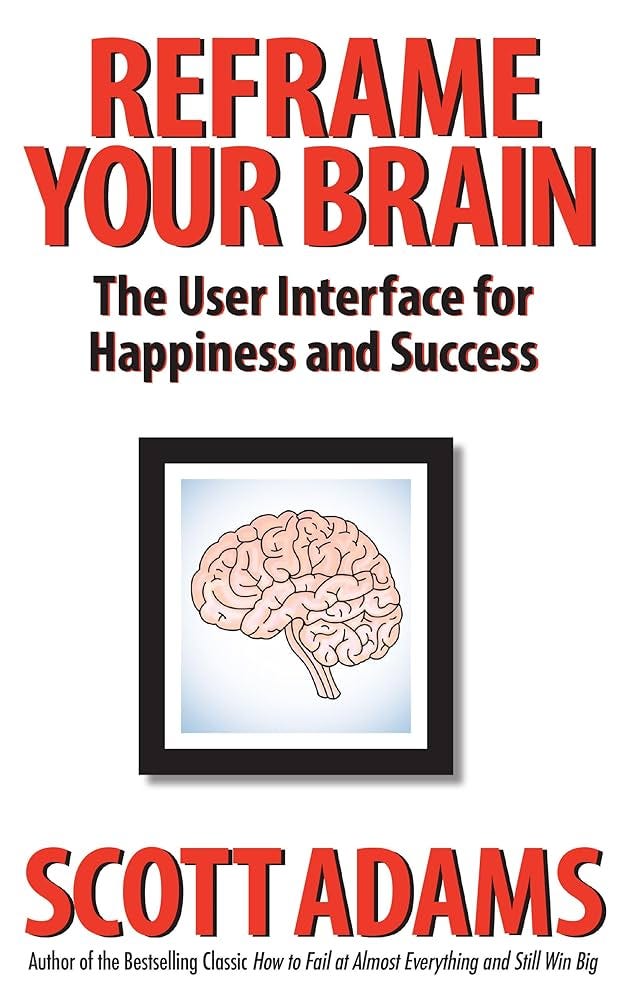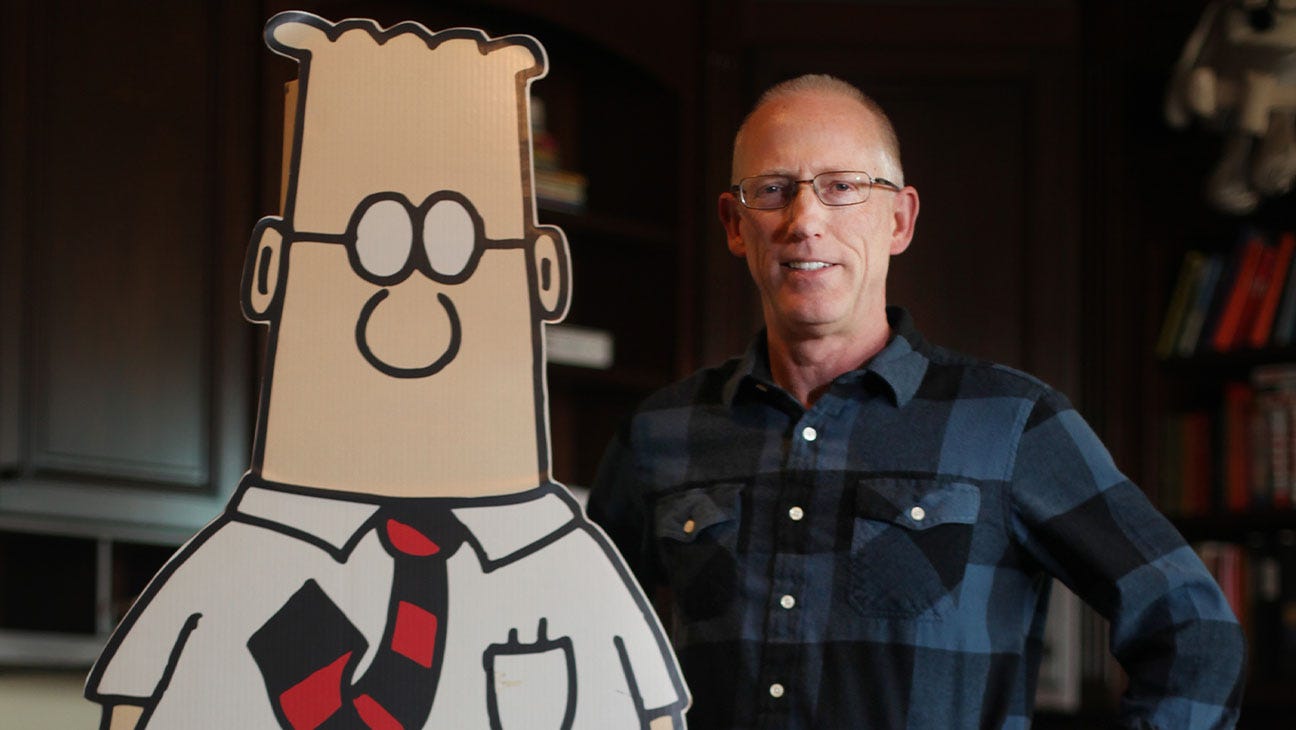How much time do you waste on your phone?
If you’re like me, you dread the weekly “screen time” notification that your iPhone so lovingly provides.
Sure, our phones are useful for keeping up with friends, family, and work.
But how much time are we wasting?
Doomscrolling:
Doomscrolling has become a popular term in recent years because it’s such a relatable sensation.
It’s the act of scrolling through social media aimlessly.
You probably know the feeling.
I’ll go out on a limb and say that unless your Amish, you definitely know the feeling.
It’s a common practice in our modern world.
It looks like this:
You sit down for two seconds to check your phone.
Your thumb scrolls along.
Your brain gets a nice hit of dopamine with each new video or post that passes by.
The problem is that time passes by, too.
Everyone knows the horrible feeling of checking your phone and eventually realizing that ten, twenty, thirty minutes have gone by. Maybe more.
The worst part is that none of the content you came across really interested you in the first place. You didn’t go looking for the content. You just sat back and watched what the algorithm delivered.
Instead, you could have been killing time by doing something you actually wanted to do.
Why didn’t I read my book?
Why didn’t I watch my favorite show?
Why didn’t I call my friend?
That precious leisure time was completely wasted.
Reducing Screen Time:
I’ve been making a conscious effort to reduce my screen time and wage war against my phone.
This is for one main reason: screen time could be reading time.
Every reader complains that there’s never enough time to read.
I was mulling over this idea recently and realized I had nothing to complain about.
I actually do have plenty of time to read. And I have concrete proof.
The weekly screen time reports from my iPhone are nothing but markers for how much additional time I have to read every week. Or in other words, how much reading time was wasted.
A Better Strategy:
Yesterday I put my thoughts into action. I kept a book near me and whenever I felt that urge to check my phone, I opted for the book instead.
What was the outcome?
I was able to read a tremendous number of pages.
I’m embarrassed to even say how many.
It was shocking. And kind of sad.
I try to set time aside to read at night, but those little moments throughout the day really added up.
But instead of feeling excited about my discovery, I felt a sense of mourning over all the time that’s been lost to my phone throughout my life.
Social Media is an ____:
While browsing my book shelf this week I stumbled across a book I read last year: Reframe Your Brain by Scott Adams. My rediscovery came at the perfect time.
Scott Adams is the creator of Dilbert, the comic strip. I’m a big fan of his nonfiction writing; How to Fail at Almost Everything and Still Win Big had a huge effect on me.
The premise of Reframe Your Brain is that we can rewire our brains with three things:
Focus
Repetition
Emotion
If you’ve read Think and Grow Rich by Napoleon Hill, Adams’ work is basically a detailed expansion of the chapter on autosuggestion.
Whatever we tell ourselves repeatedly with emotion, we eventually believe.
Adams provides dozens of mental reframes across a number of topics that can change how you think about certain things. And by changing how you think, you change how you act.
Here are some examples:
Motivation:
Usual Frame: I want to do (something).
Reframe: I have decided to do (something).
Taking chances:
Usual Frame: Embarrassment is something to be avoided.
Reframe: Embarrassment is an investment.
Chores:
Usual Frame: Ugh, I hate this repetitive chore.
Reframe: I can do this chore so gracefully and efficiently it feels like a game.
Creativity:
Usual Frame: I need to come up with a good idea.
Reframe: I need to release all my bad ideas as quickly as possible.
There’s a section in the book that covers how to think about social media.
Scott Adams explains how before social media you could take a moment to relax and recharge between different situations in life. But in the modern world, we typically fill our downtime by reaching for our phones and browsing social media.
He recommends this mental reframe:
Usual Frame: Social media is a form of entertainment.
Reframe: Social media is an addiction.
By accepting this reframe, we’re able to view our time spent scrolling in a different light. That different view is the first step toward breaking the addiction.
I’ve been taking this reframe to heart recently.
I don’t want to get to the end of my life and regret spending so much of it staring at my phone.
- C.S.M.
If you enjoyed this:
Like this post
Comment below
Share with friends and family
Behind-The-Scenes are available only to C.S.M. Fiction paid subscribers.
Thank you for your support.
Explore my digital library:
Novels:
Take a look behind the curtain of my creative process. Every week I share an update.
My novels are largely inspired by real life events. Research files are where I provide a deeper look into the topics I study to write my stories.
Want to write your own stories? I’ve put together a collection of helpful writing lessons, as well as summaries of the essential books on writing fiction and deep-dive analyses of best-selling novels.
Expand your physical library:
Pick up a copy of NORMIE, my dystopian novel, on Amazon.








